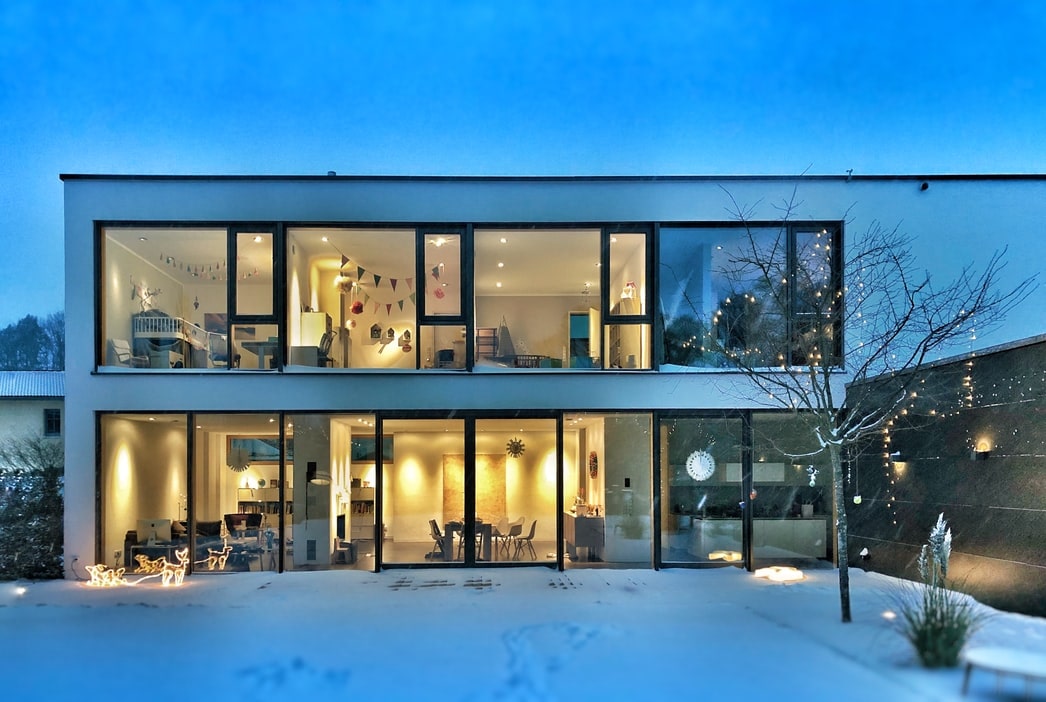Smart home experience stores in China: Experiential retail gaining popularity | Daxue Consulting
Smart home experience stores in China
Smart homes seem to occupy modern Chinese households more than ever. Lots of manufacturers are seizing flow to develop all sorts of new science and smart home products in China for the smart home market. According to Statista, the revenue of smart home in China ranks second in the global market, with a market volume of $13 billion US in 2019.
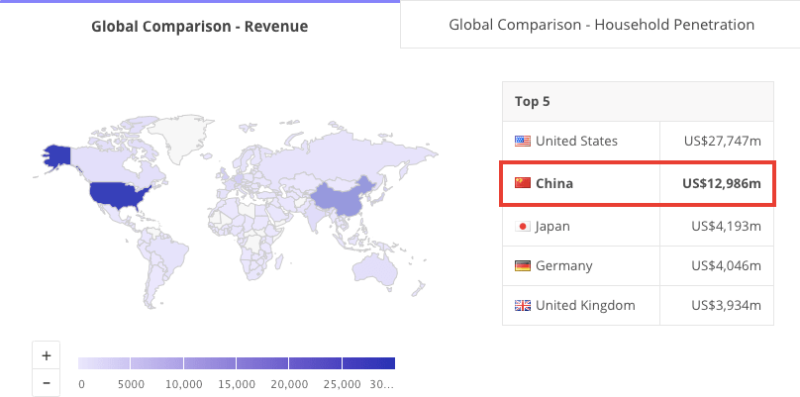
With the changing retail environment, smart home manufacturers are experimenting with new ways of retailing, such as strategic partnerships with offline home furnishing stores. This article will focus on the offline smart home experience stores in China and experiential retail in China.
Smart home technology in the Chinese market creates for efficient chores
With the accelerating pace of life, people have little free time, and as a result, the value of free time as a resource increases. With the help of smart home appliances, Chinese households can reduce time spent on daily chores. Therefore, smart home technology in the Chinese market has infiltrated the lives of many people.
The era of the experience economy: Smart home experiential store in China
Consumers’ awareness of smart home products in China is far from its potential. Therefore, the sellers of intelligent home technologies educate buyers through smart home experiential stores in China. The smart home experience center in China contains the whole smart home system and present in a complete interior decoration. It provides customers immersive experiences with interactive set ups.
This direct-to-customer tactic is within the concept of experience economy: to engage customers to perceive products, valuing experience in the process of consumption. As stated in the Harvard Business Review, “A company intentionally uses services as the stage, and goods as props, to engage individual customers in a way that create a memorable event.”
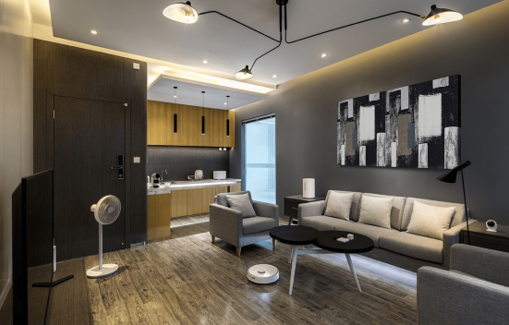
Key to success for the smart home experiential stores in China
Resonance with images during the in-store experiences in China is the main objective of the smart home experience store in China.
“No empathy, no deal.”.”
For example, in a study room, in the smart home experience center in China, lights can automatically adjust the brightness according to different scenes to create various lighting atmosphere. “Working mode” will adjust enough light and the proper height of the working desk and chair. “Relaxing mode” will play pre-set relaxation playlist, close down the curtains and create a comfortable atmosphere. What the smart home experiential store in China needs to pursue is to show customers, what benefits can the smart home products in China bring to them and how those devices can improve the quality of life in every detail.
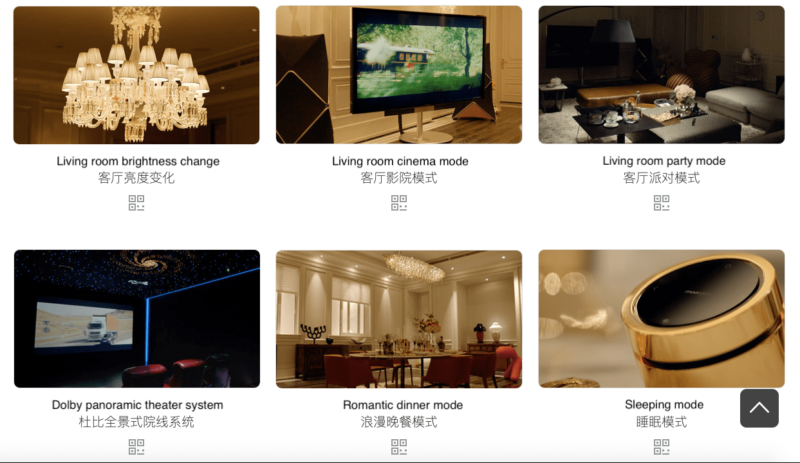
Successful marketing promotes a brand through emotional resonance. Emotional communication in the smart home experiential store in China is one of the most important aspects of the emotional marketing strategy. The application of emotional connection in experiential retail in China can impress the consumers’ inner feelings, therefore improve their satisfaction and loyalty. This is the key for the smart home experiential store in China to win in the experience economy era and enhance the competitiveness of the store.
Experiential retail in China as a trendy concept in the smart home industry
The smart home technologies in the Chinese market use such advanced technologies such as the Internet of Things (IoT) and wireless communication to gather together home-related facilities and provide home appliance control, such as lighting management, security protection, environmental monitoring, and entertainment. However, there are still a lot of questions coming from consumers on what the smart home system in China really is. It is no longer effective for companies to simply explain these concepts to customers online.
Smart home technology in the Chinese market: The transformation of the smart home business model
In reality, it has been a long time that online retailing has relied on the rapid development of the Internet, and which has made traditional retail sales “falling into the water.” However, the current online retail traffic dividend has already encountered the ceiling, and it is difficult to expand the space further upwards. The retail channel seems to have a bottleneck in the period.
At this point, the development of AI, Big Data, and Smart Connect technology provide opportunities for new reatil to help customers create shopping interactivity. The new retail model combines online and traditional retail and effectively use the strengths of both. Experiential retail in China, which is used in offline shops makes it easier to give consumers an intuitive feeling and enhance customer stickiness.
How to do experiential retail in China? – 6 dimensions of the retail experience
The main difference between these retailers is where and how they place these devices within their store’s layout and how well they help their customers understand the value proposition of a smart device.
According to JLL Retail, there are “Six Dimensions of Retail Experience,” which define how well retailers are meeting shoppers’ expectations. How can these six dimensions apply to the smart home experiential retail in China?
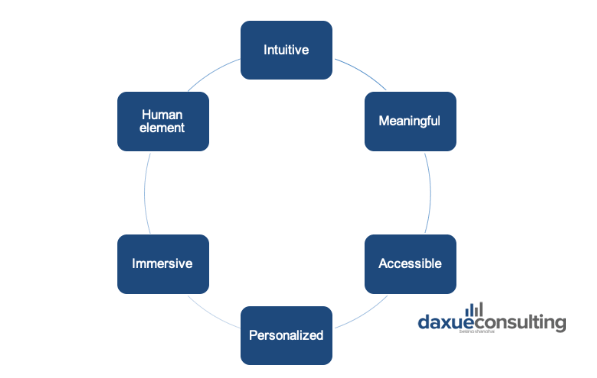
Firstly, it must be intuitive. Customers can easily locate what they want after finishing the tour in the experiential store. Young people in China mostly prefer a simple style of layout.
The strong human element is vital. Friendly and knowledgeable staff is really important to shoppers. Be careful to work with different shoppers, some don’t like ‘noisy’ staff, and some need plenty of guidance to the smart home products in China.
In addition, socially-conscious customers tend to have a meaningful purchase experience. Stores can attract customers by emphasizing their social responsibility initiatives.
As mentioned earlier, the smart home experiential store in China need to be immersive. Customers are willing to experience something unique and visually stimulating. Especially in China, smart home experiential stores are mostly concentrated in one shopping mall, which requires each store to show something special to avoid the aesthetic fatigue of shoppers.
Next, the smart home devices and payment method should be accessible. Make sure to have enough payment methods and give customers seamless in-store experiences in China. Do not let customers feel a gap between the offline experiential stores and online shops.
Lastly, customers require personalized during their purchase experience. Personalization is not just about products, and it’s also about service. In terms of the smart home system in China, which is private to every family, stores need to treat each shopper as a special guest.
In-store experiences in China
Moorgen smart home
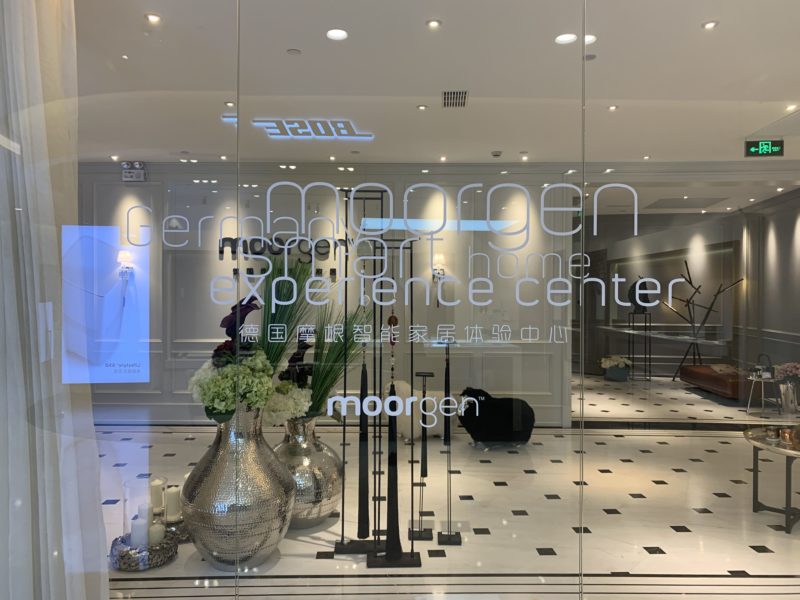
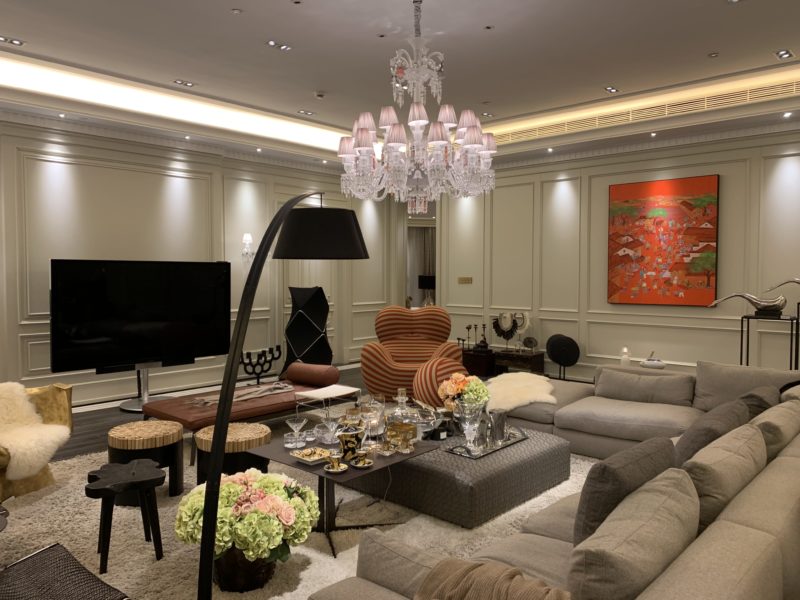

Germany’s Moorgen smart home is the world’s leading smart home manufacturer. With its own research and development of bus control and cloud technology, the company has developed more than 180 smart home products that realize local and remote visual control. The localized industrial design inherits the user experience of simplicity, comfort, and humanity.
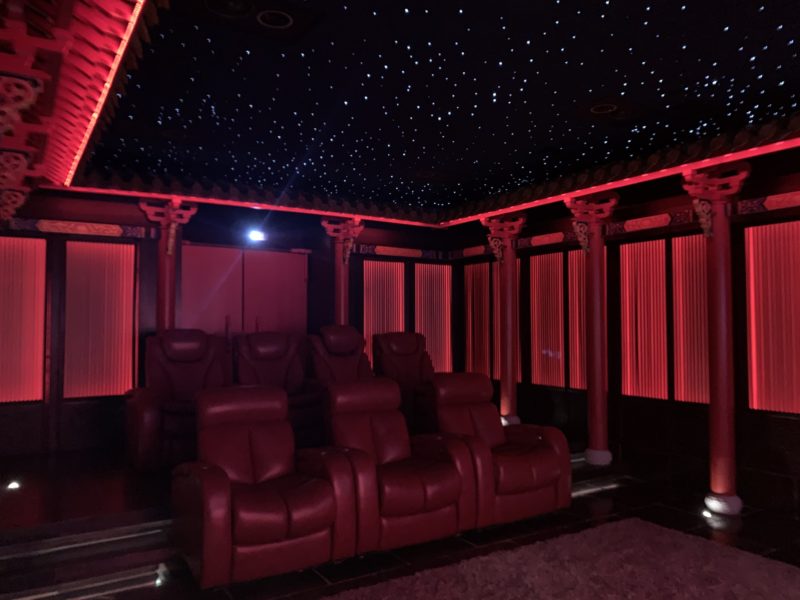

The Moorgen smart home experience store in Shanghai has an area of around 1000m2 with dominate tone of white. The white color presents various themes with the change of lighting.
The whole tour in the experience center is about half an hour, and the staff carefully explains every corner.
Based on the smart home system in China, the Moorgen experience store displays the perfect combination of technology and function to restore the ideal state of home. Its comprehensive smart home technology effect maximizes the engagement of customers in their in-store experiences in China. The entire experience center is designed as a real home, and there are control panels that adjust the modes of ‘leaving home’ and ‘returning home’ at the store’s entrance.
The Moorgen smart home experience store combines Chinese and western elements and attaches great importance to the family values of Chinese consumers. Its home theater showroom has both Chinese and Western decoration themes, and a small film is provided for customers to experience the screening effect.

Lighting is the key element in the Morgan experience center, and the store values the experience and effect brought by different lights to customers. The changes in color temperature, direction, and intensity of lights can present disparate effects. For example, there is a tiny Buddhist temple in the experience center for some wealthy Chinese families. The Buddha statue can change facial expressions according to the different angles of the light source.

Morgan has opened lots of smart home experience centers in China, and it has become a place for many young people to ‘punch in’ due to the high-end design. It allows customers to take photos in its stores and share their in-store experiences in China. Besides, because of the beautiful background and lighting, many customers actively share pictures to their social platforms such as WeChat moments and Xiaohongshu. This may be one of the best marketing tactics for the smart home experience center in China.
Opportunities for foreign smart home companies in China
In conclusion, there are several suggestions that international companies entering the Chinese smart home market have to take into account. Firstly, convenient retail channels are essential. Combining online and offline retail to make smart home products more accessible to customers. Additionally, design a humanized, functional, and one-stop offline experience store providing an immersive experience for customers and let them feel for the details, such as lighting and temperature. Finally, remember to promote the smart home experience center through customer communication or social networking.
Author: Rita Fan


